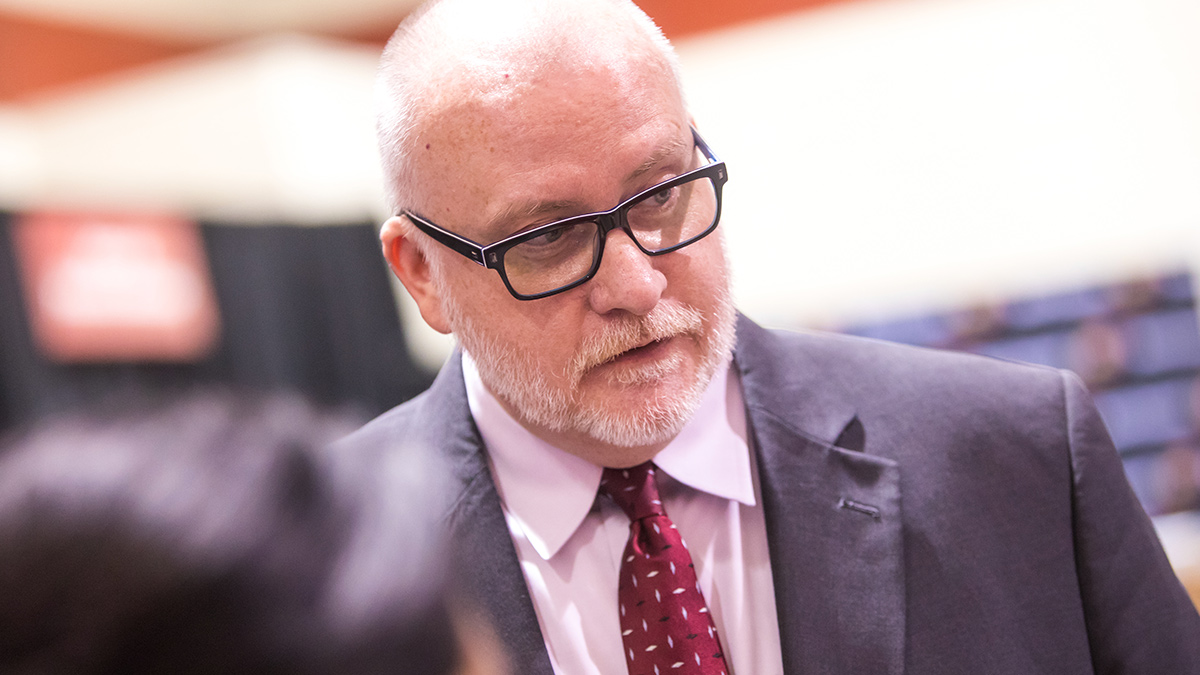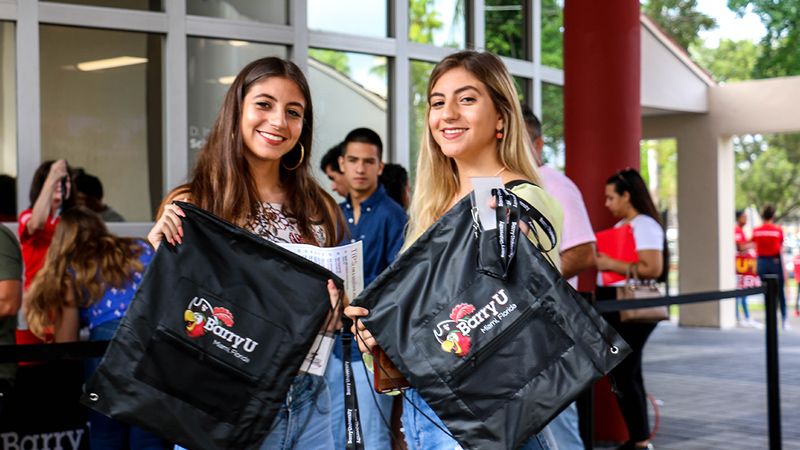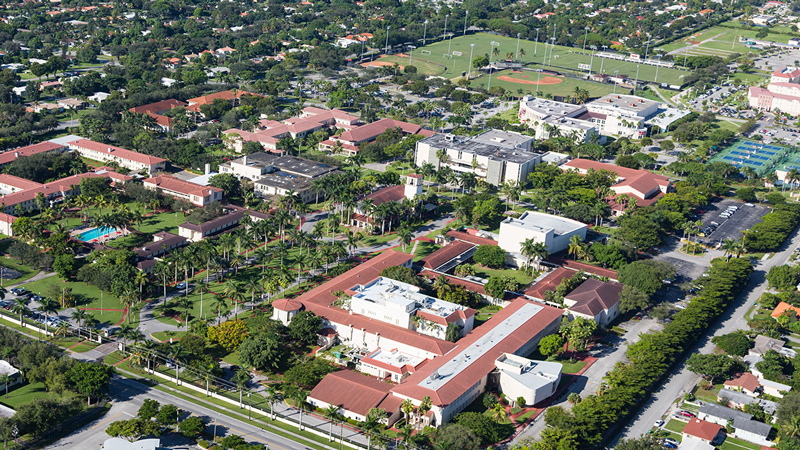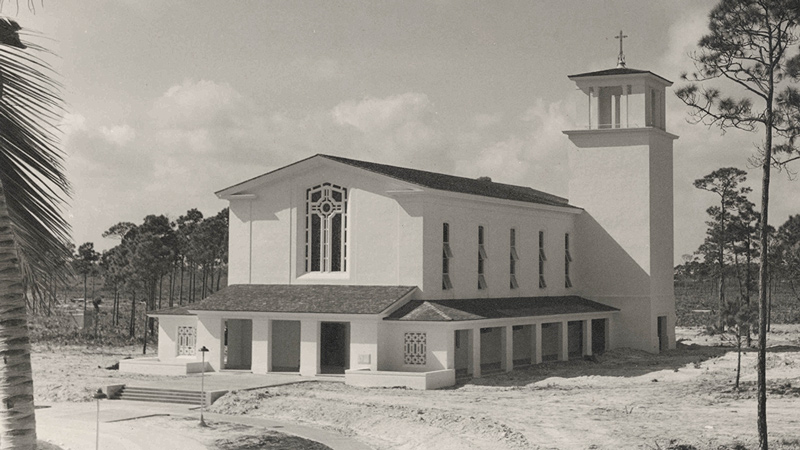Special tools for developing literacy and mathematical skills make learning personalized, meaningful and long-lasting. The breadth and depth of the curriculum:
- Ignites intellectual curiosity.
- Awakens a special kinship with nature.
- Inspires gratitude to those who have contributed in the past to benefit humankind.













